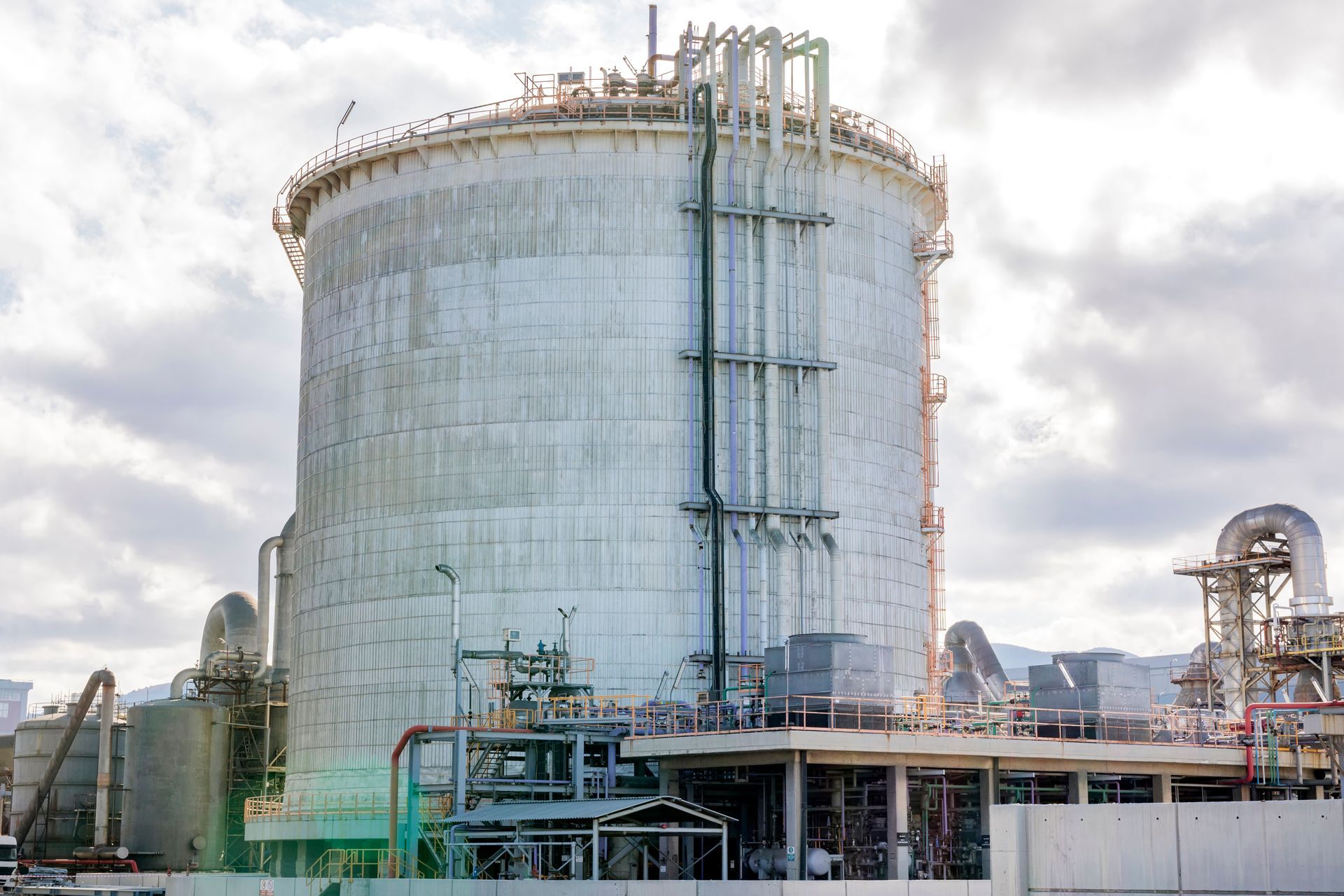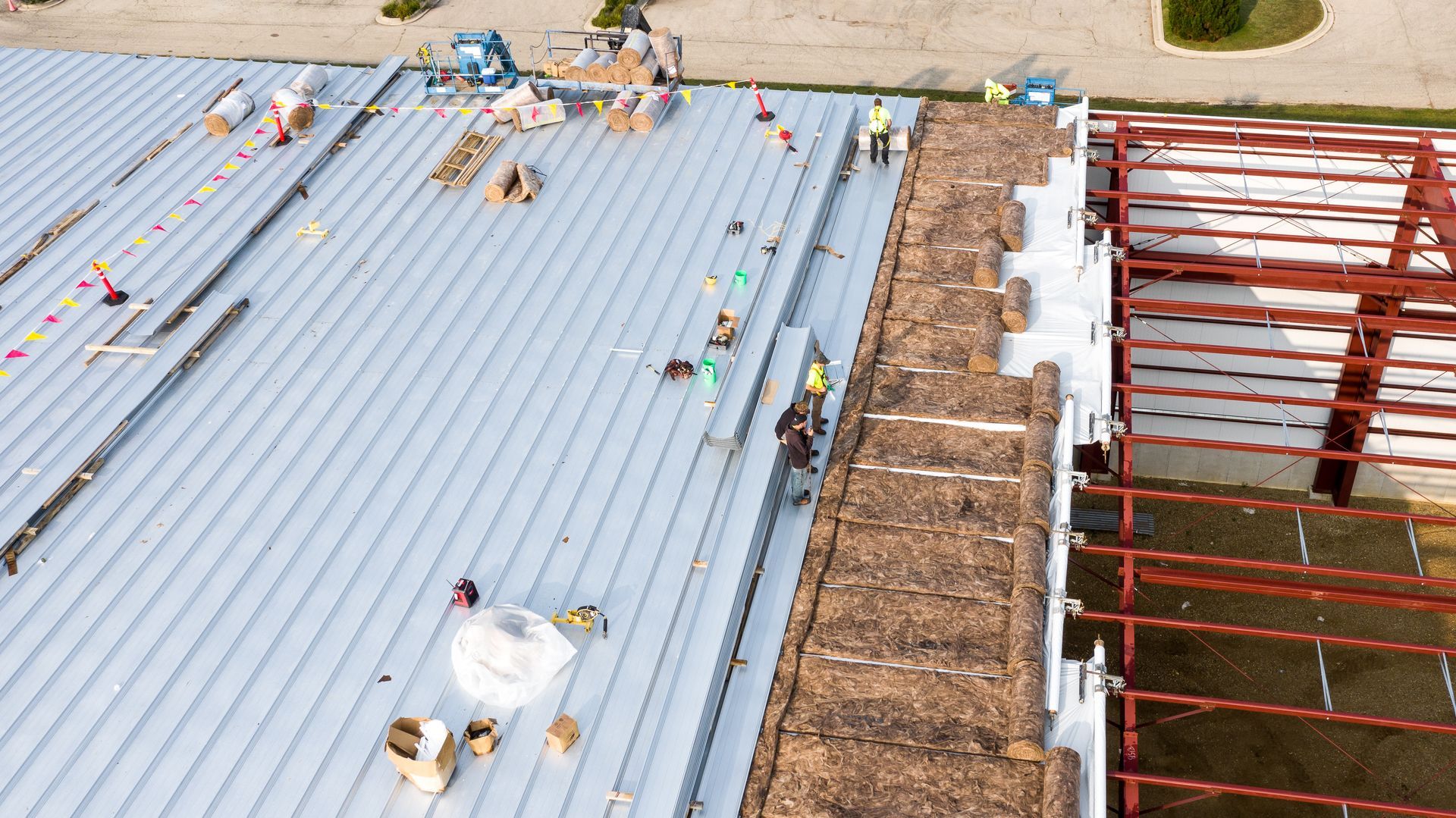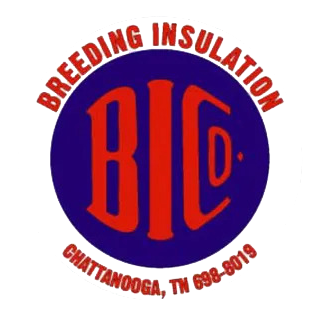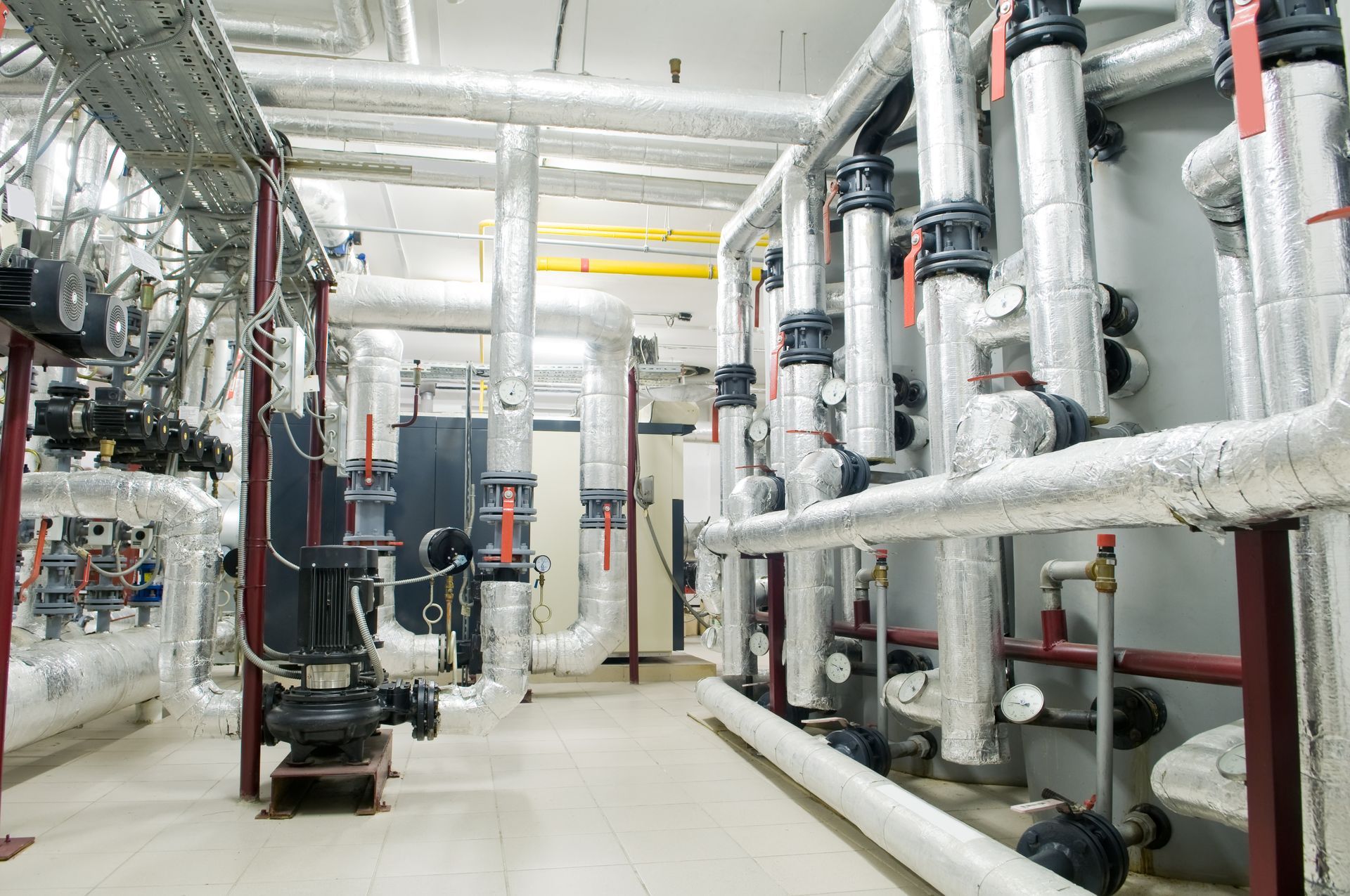3 Reasons to Insulate Outdoor Storage Tanks

Uninsulated outdoor storage tanks don't always work as well as they should. You can, however, make industrial tanks work more efficiently by installing external insulation on them.
What are the benefits of insulating your storage tanks?
1. Improve Tank Performance
Outdoor storage tanks can't always create a perfect environment for your stored materials or liquids. They have to deal with different weather conditions that might affect their performance. For example, the contents of a tank might overheat in hot weather. Or, they might freeze in winter months. The tank can't help but absorb and transfer heat and cold.
Metal tanks can also develop corrosion problems because they have exposure to rain. If water gets into a tank through rust spots or cracks, then its contents might get moisture or damp problems.
If a tank stores temperature-controlled materials or liquids, then it can't always maintain essential process control temperatures. For example, you might need a liquid to stay at a certain heat before it moves through to your manufacturing process.
However, if the tank gets too hot or too cold, then the liquid's temperature won't stay at the right level. You might need to cool or heat the liquid before you can use it. This process has time costs if you have to wait for the liquid to reach the right temperature.
If you insulate your tanks, then you improve their thermal efficiency. The insulation helps them deal with external heat and cold so that they can maintain the right internal temperature. Also, tank contents won't spoil or get damaged. The insulation creates a protective layer around the surface.
2. Use Less Energy
If an uninsulated tank can't keep its contents at the right temperature, then you might have to use more energy to compensate for fluctuations. For example, you have to heat liquids that have cooled down too much in storage; you have to cool them down if they heat up too much.
This extra step often increases your energy use and costs. The tank also wastes energy in heat loss if it isn't thermally efficient.
When you add external insulation to your tanks, they become more energy-efficient. You shouldn't need to use extra power to manage temperature problems. The tank maintains its optimum internal temperature more effectively.
3. Extend Tank Working Life
Outdoor tanks sometimes get damaged or wear faster than indoor alternatives. Rain, sun, frost, and snow can all affect a tank's surface.
For example, metal tanks might start to corrode after a few years. This rust might be a cosmetic problem at the start, but it will ultimately compromise the tank's surface integrity.
You might have to do regular repair and maintenance work to keep your tanks in good shape. If you need to empty a tank to fix a problem, then you also have to deal with downtime costs.
Plus, the tanks might not last as long as you hoped - you might need to buy replacements sooner than you budgeted for. Your overall purchasing, repair, and maintenance costs could be high.
If you use insulation on a tank, then you can often extend its working life. You also won't have as many repair or maintenance jobs down the line. Insulation's protective barrier helps prevent problems like metal corrosion by keeping rain and moisture away from the tank's surface.
So, your tanks stay in better shape for longer. You won't have to deal with early replacement costs, and your repair and maintenance expenses will be more manageable.
To find out more about outdoor tank insulation and how it works, contact Breeding Insulation Company, Chattanooga, Inc. Our experts can create a customized solution to fit your tanks and your operating needs.



